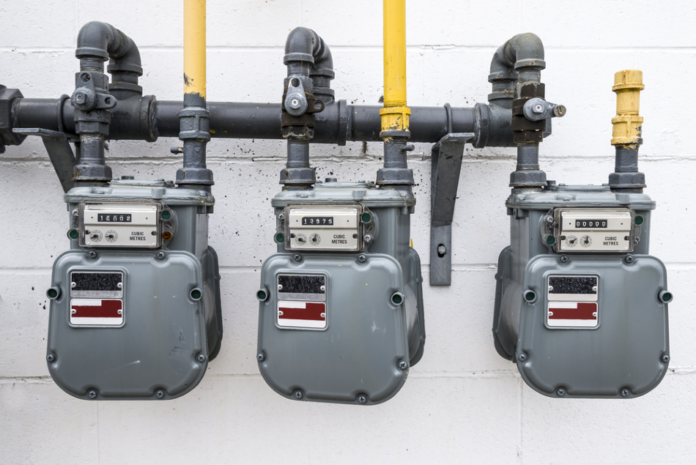In an apparent bid to ensure the energy security of the country, the senate on Thursday passed the long pending legislation to implement the weighted average cost of gas (WACOG) for the sale of local and imported liquefied natural gas.
Minister for Energy Hammad Azhar informed about the passage of WACOG bill by the Upper House of the Parliament on Thursday said, “WACOG bill has been passed today by the senate as well. It is a historic and long-pending reform that will ensure the energy security of Pakistan. We are now able to embark upon the reform of the gas pricing structure, remove anomalies and enhance supplies of imported gas.”
Last month, Minister for Energy Hammad Azhar in a press conference said that the government would introduce a bill in the parliament within 8-10 days for weighted average cost of gas (WACOG) for the sale of local and imported liquefied natural gas.
He said that the government has evolved consensus on WACOG under which the average gas prices are estimated to go up by 30 per cent gradually over the next few years. He said at present, local gas supply and LNG import have a 70:30 ratio, which would change to 50:50 in two years but the share of the LNG would increase to 80-90 per cent in a few years for which the WACOG was important. The total local gas allocation at present was about 4,000 million cubic feet per day (mmcfd) but this was down to 3500 mmcfd because of about nine percent annual depletion of local gas fields, said the Minister for Energy.
He added that gas demand in the domestic sector has gone up by five times to about 2000 mmcfd in winter and left just 1500 mmcfd for other sectors including industry, fertilizer, and power.
Sources in the power sector said that passage of the WACOG bill by the Senate is a good step in the right direction to now use the imported gas (LNG), which was earlier not feasible. They said that all gas sources of the country including imported Re-gasified Liquefied Natural Gas (RLNG) and local gas under the WACOG bill will be pooled in and a weighted average cost will be taken for gas purchase.
They said that there is a massive disparity in RLNG and locally produced gas prices, which makes RLNG unfeasible for purchase, and requires it to be sold at subsidised rate to the consumers. They said with the introduction of WACOG bill, the gas prices are expected to increase both for residential and industries, which would add to the cost of production. The government has introduced the WACOG bill because the country’s dependence on imported gas has increased as the local gas reserves have been depleting, said sources.
It is relevant to note that under the existing law, the government cannot fix the consumer price of LNG as gas because it was defined as a petroleum product while the approval of the WACOG bill is expected to pave the way for the government to reform gas pricing structure, remove anomalies and enhance supplies of imported gas.
WACOG is a new method of fixing the price by taking into account the blended costs of both locally produced and imported gas as the current mechanisms that ring-fences the use of imported fuel.
It is pertinent to mention here that the gas starved province-Punjab is going to get cheaper gas after Senate has passed a bill of weighted average cost of gas (WACOG) while it will help government to reduce circular debt in gas sector and following the passage of WACOG bill, the share of LNG will be increased.
The Pakistan State Oil (PSO) and Sui Northern Gas Company Limited (SNGPL) had been trapped in multi billion rupees debt due to diverting imported gas LNG towards the domestic sector.
At present, PSO was to receive Rs439 billion from different companies and SNGPL was a major defaulter of paying bills on account of LNG supply.
The LNG bill of SNGPL had crossed Rs100 billion during the last few winter seasons.
The company had estimated a rise in LNG bill of Rs50 billion during the current winter season due to diversion of LNG to domestic consumers to overcome the gas crisis.
Now, the Parliament has empowered the government to take the weighted average cost of indigenous and imported gas to reduce the burden of high price of imported gas on certain sectors and reduce circular debt.
The government had been providing subsidies on supply of LNG to five export oriented sectors.
Recently, the government had estimated to pay Rs40 billion subsidy from January to March 2022 on supply of imported gas-LNG to the export oriented sector.
In addition, there are other sectors like CNG and fertilizer that also consume LNG.
Earlier, the government had tried to take provinces on board to introduce weighted average cost formula. However, they had refused to share the burden of consumers in Punjab province.





Very Informative . Thanks.
type of precipitation